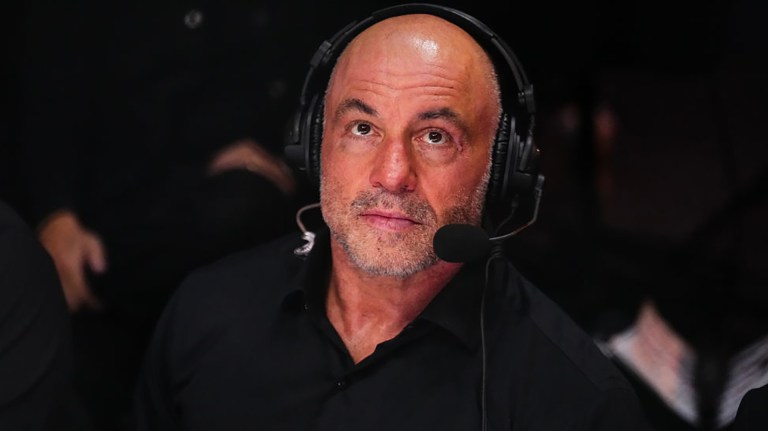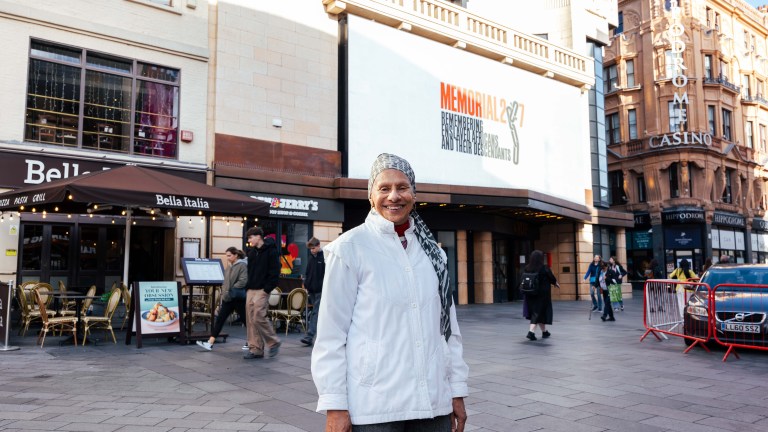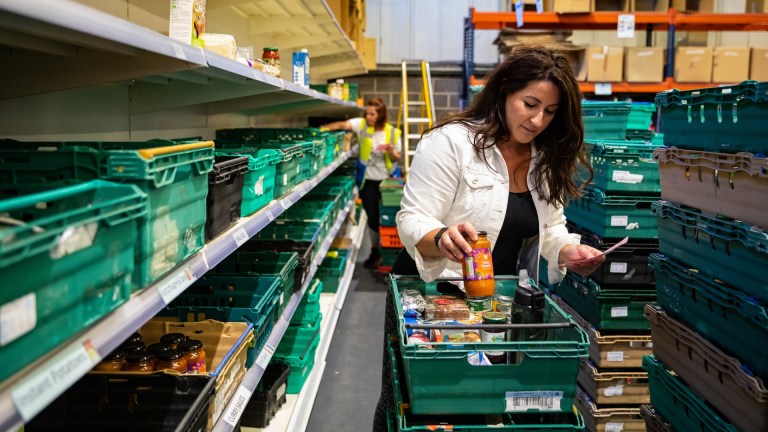It was the tone of the question that hung heavy. There was an implication weaving through the line. Are dead-end jobs good for the soul asked The Times. It followed, it said, actor Simon Pegg, who worked for three years in Debenhams in Bristol following graduation, claiming the job made him.
That sounded a bit clunky. Checking Pegg’s quotes, I couldn’t find him mentioning “dead-end jobs”. Just that he worked in the shop as he started doing stand-up and he figured out where he was going. This, he said, was the making of him.
Clearly, it’d be foolish to suggest that having your own TV show, then creating movies repeated so regularly on ITV2 they become a national institution, has parity with a retail job. But the implicit element – that a certain type of job is to be sneered at – is clear. It’s hard-wired in Britain. And it stinks. Most of us have had jobs on the way to where we’re going. If you lived around Chorley, Bamber Bridge, Leyland and Penwortham in the summer and autumn of 1995, chances are I was taking your bins out. It was hard work. It wasn’t going to become my career, but I was glad to have it at the time. And there is no way I’d sneer at it as a dead-end job. If we didn’t have people to collect the bins, we’d be in a total mess.
There are a great number of careers that just aren’t valued, or valued enough. There is a lot of focus at present on how office-based staff will adjust to new hybrid working scenarios. But this doesn’t take into consideration jobs that can’t be done at home. A relative told me recently he’s part of a new army of Irish workers travelling regularly to sites in the UK, where there is a shortage of brickies and, increasingly, electricians.
Much as I like the idea of Latin being reintroduced to schools that’s not going to solve things
Coming out of Covid and seeing the impact of an EU-based workforce being lost, we look to be hitting a perfect storm. Many people face redundancy as furlough unwinds, but they may not be able to immediately move into roles as they lack training.
Such is the squeeze that last week Aldi and Tesco announced salary increases and one-off bonuses to encourage new HGV delivery drivers and meet increased demand. The positive to this is that people will earn more. Given how so much of the value placed on careers is tied to salary, raising the earnings of delivery drivers and binmen and cleaners, all essential, is the right thing to do. A negative impact will see goods and services costing more. But we should accept this.










